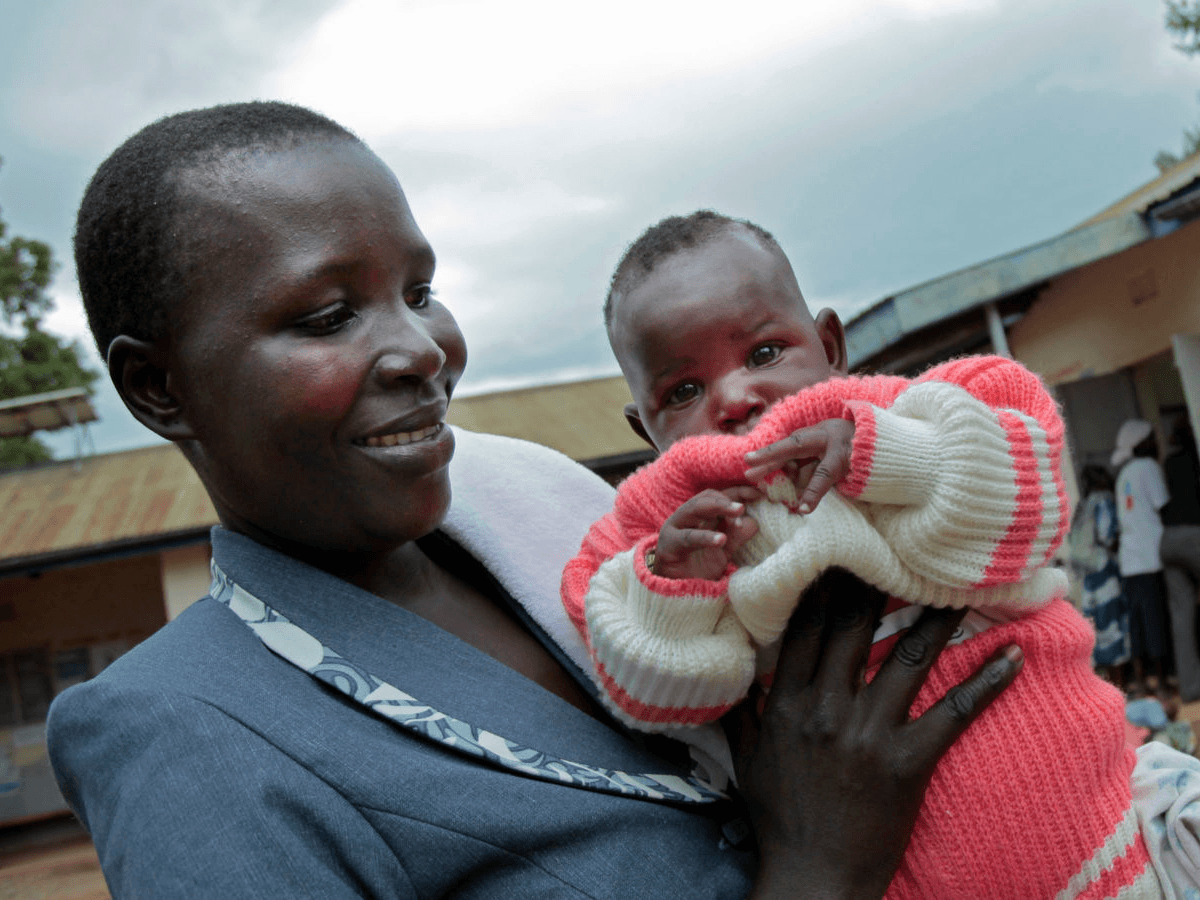Fayorsey RN, Wang C, Chege D, Reidy W, Syengo M, Owino SO, Koech E, Sirengo M, Hawken MP, Abrams EJ.
J Acquir Immune Defic Syndr. 2018 Nov 5. doi: 10.1097/QAI.0000000000001882. [Epub ahead of print]
BACKGROUND:
Retention of mothers and infants across the prevention of mother-to-child HIV transmission continuum remains challenging. We assessed the effectiveness of a lay worker administered combination intervention compared with the standard of care (SOC) on mother-infant attrition.
METHODS:
HIV-positive pregnant women starting antenatal care at 10 facilities in western Kenya were randomized using simple randomization to receive individualized health education, retention/adherence support, appointment reminders and missed visit tracking versus routine care per guidelines. The primary endpoint was attrition of mother- infant pairs at six months postpartum. Attrition was defined as the proportion of mother-infant pairs not retained in the clinic at six months postpartum due to mother or infant death or lost to follow-up. Intent-to-treat analysis was used to assess the difference in attrition. This trial is registered with ClinicalTrials.gov; NCT01962220.
RESULTS:
From September 2013-June 2014, 361 HIV-positive pregnant women were screened, 340 were randomized to the intervention (n=170) or SOC (n=170). Median age at enrollment was 26 years (IQR 22-30), median gestational age, 24 weeks (IQR 17-28). Overall attrition of mother-infant pairs was 23.5% at six months postpartum. Attrition was significantly lower in the intervention arm compared to SOC (18.8% vs. 28.2%, RR=0.67, 95% CI 0.45-0.99, p=0.04). Overall the proportion of mothers who were retained and virally suppressed (< 1000 copies/ml) at six months postpartum was 54.4%, with no difference between study arms.
CONCLUSIONS:
Provision of a combination intervention by lay counselors can decrease attrition along the PMTCT cascade in low resource settings.This is an open-access article distributed under the terms of the Creative Commons Attribution-Non Commercial-No Derivatives License 4.0 (CCBY-NC-ND) , where it is permissible to download and share the work provided it is properly cited. The work cannot be changed in any way or used commercially without permission from the journal.








